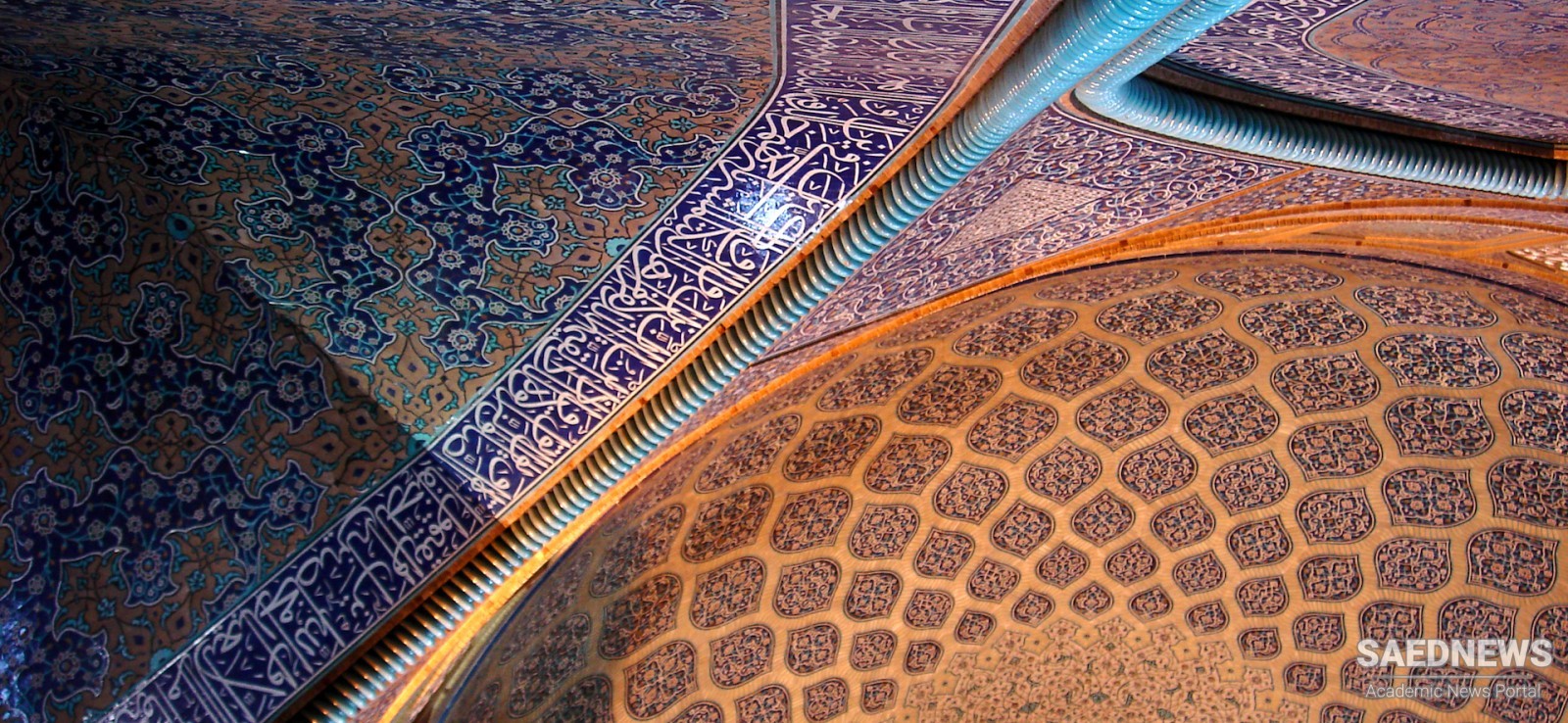India is a center of Avestan and Pahlavi studies (E. and B. An-klesaria, J. Modi, D. D. P. Sanjana, J. Unvala), the publication of medieval texts in Persian, and the study of medieval Persian history and the history of Persian literature (Shibli Numani, M. Siddiqi, S. Husain, M. Ishak, W. Ivanow). In Pakistan, historical chronicles and studies in medieval history and the history of Islam have been published by M. Shaft, M. Iqbal, and others. In Turkey there is a tradition of editions of classical Persian poetry accompanied by commentary (A. Ateş and A. Karahan); studies of Iranian medieval history have been written by §. Günaltay and N. Uzluk, and E. Z. Karal has researched the history of Turko-Iranian relations. The study of historical sources has been steadily progressing in Afghanistan (A. Koh-zad, M. Jobal), as has the study of language (A. Farhadi). Research in Iranian studies has also appeared in Egypt, Iraq, and Japan. Iranian studies began in Russia in the first half of the 19th century (A. V. Boldyrev, O. I. Senkovskii, and A. I. Khodz’ko). The beginning of an active tsarist Russian policy with regard to Iran in the 19th century gave impetus to numerous descriptive works on Iran written by Russian diplomats and military officials, as well as by members of commercial and industrial circles. The descriptions of scientific expeditions by N. V. Khanykov and N. Zarudnyi are of value. The study of the history of Iran and neighboring countries based on primary sources was begun by I. N. Berezin, A. K. Kazem-Bek, B. A. Dorn, V. V. Gri-gor’ev, V. V. Vel’iaminov-Zernov, and N. I. Veselovskii. Particularly valuable studies were produced by V. V. Bartol’d, who analyzed socioeconomic problems, and by A. E. Krymskii and K. A. Inostrantsev, among others. Nineteenth-century Iran was studied by V. R. Rozen, A. G. Tumanskii, and L. F. Tigranov. Most Iranian scholars, however, concerned themselves with Iranian languages and literature (V. F. Miller, K. G. Zaleman, F. E. Korsh, and V. A. Zhukovskii).


 Differentiation and Classification of Iranological Studies
Differentiation and Classification of Iranological Studies














































